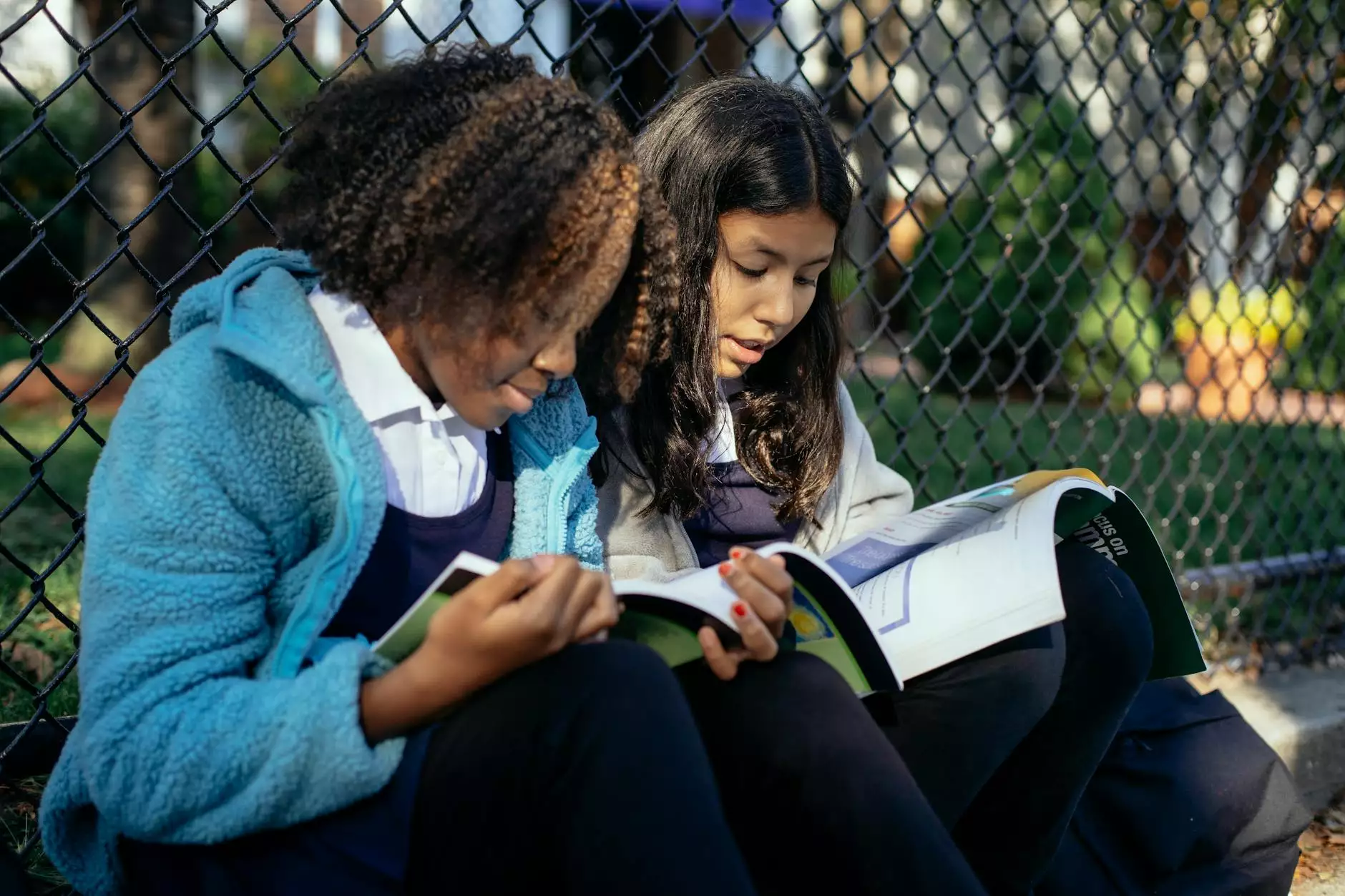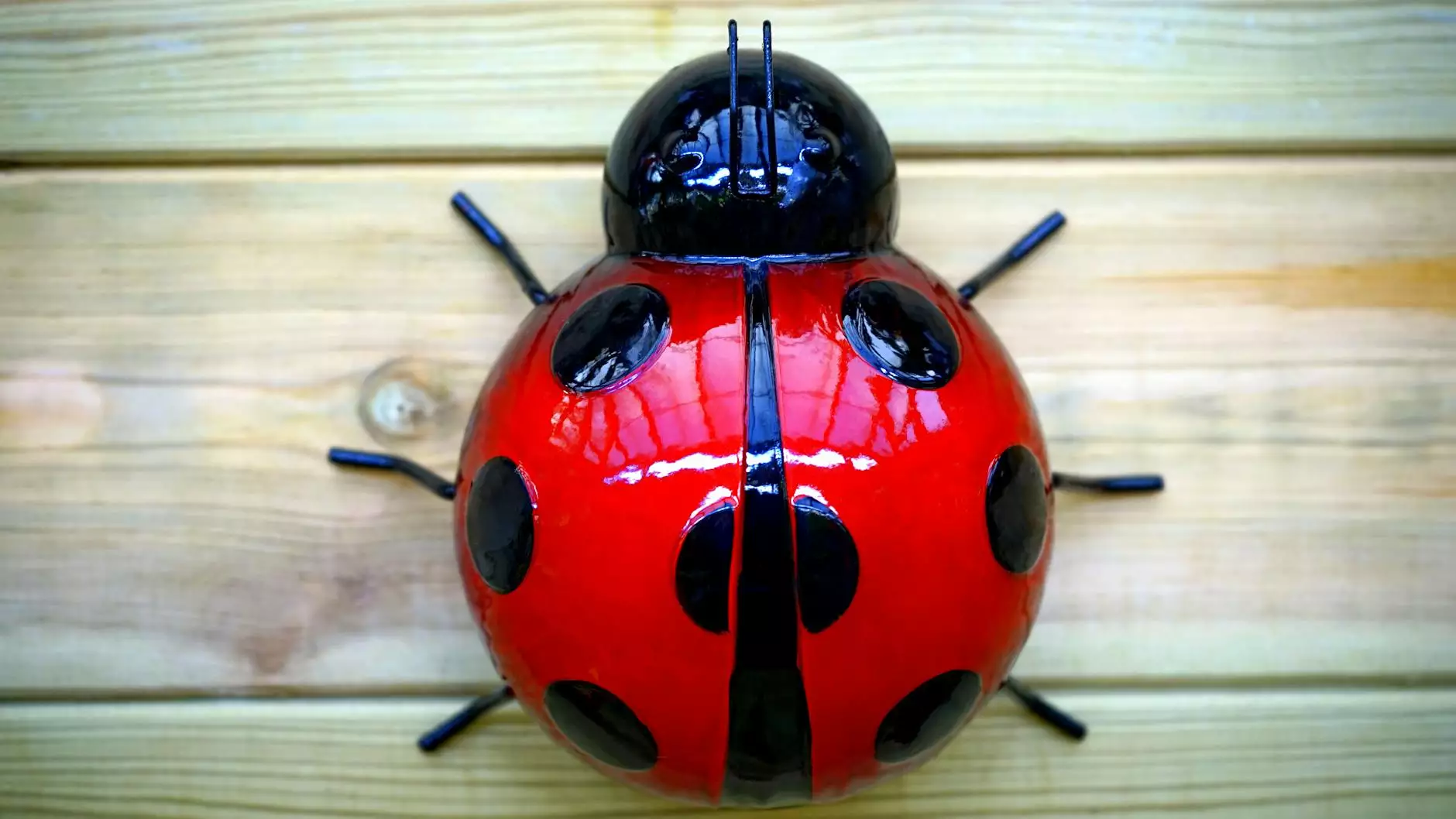4 Reasons Playing School is Just as Important as ...

Introduction
Welcome to The Knowledge Nest's blog post on the importance of playing school. In this article, we will explore the numerous benefits of pretend-play, social interaction, cognitive development, and creativity for children. Playing school is not only fun but also a valuable learning experience that can positively impact a child's growth and development.
1. Pretend-Play Enhances Learning
Engaging in pretend-play activities, such as playing school, allows children to assume different roles and explore various scenarios. Through these make-believe situations, kids can exercise their imagination, problem-solving skills, and critical thinking abilities. Playing school provides an opportunity for children to practice important life skills, including communication, organization, and empathy. By "teaching" their stuffed animals or friends, children develop a deeper understanding of concepts and reinforce their own knowledge.
2. Social Interaction and Communication Skills
Playing school encourages social interaction among children, promoting the development of essential communication skills. As kids take turns being the teacher and the student, they learn how to express their thoughts, listen actively, and cooperate with others. This collaborative play setting fosters friendships, strengthens emotional bonds, and cultivates empathy. Children also gain a sense of responsibility and respect for others as they navigate the dynamics of a classroom environment.
3. Cognitive Development and Problem-Solving Abilities
Playing school stimulates cognitive development by challenging children to think critically and solve problems. Whether they are creating lesson plans, solving math equations, or conducting science experiments, kids engage in activities that require them to analyze information, make decisions, and find solutions. This process enhances their problem-solving abilities, logical reasoning, and abstract thinking skills. Through active participation in a pretend classroom, children build a strong foundation for academic success.
4. Nurture Creativity and Imagination
Playing school sparks creativity and imagination as children create imaginary scenarios, develop storylines, and design lesson materials. Through art projects, storytelling, and role play, kids can unleash their imaginations and explore new ideas. The freedom of expression in a make-believe classroom stimulates their creativity and promotes out-of-the-box thinking. This creativity nurtured during play carries over into various aspects of a child's life, including problem-solving, innovation, and self-expression.
Conclusion
Playing school is more than just a game; it provides valuable learning experiences that contribute to a child's growth and development. The benefits of pretend-play, social interaction, cognitive development, and creativity are crucial in shaping the foundation for lifelong learning. At The Knowledge Nest, we recognize the significance of play-based education and aim to create a nurturing environment where children can explore, learn, and thrive.
Join us in embracing the power of play and witness the amazing transformation in your child's educational journey!









